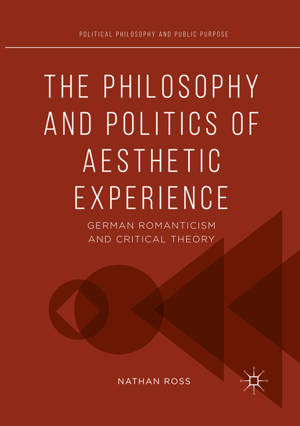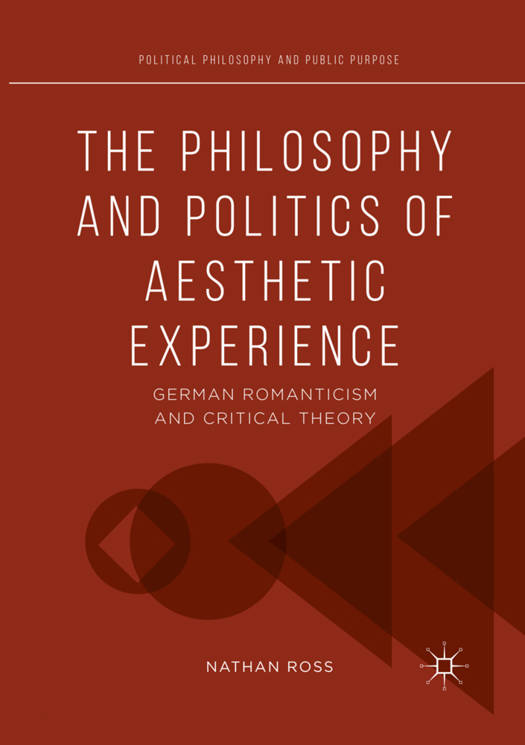
- Afhalen na 1 uur in een winkel met voorraad
- Gratis thuislevering in België vanaf € 30
- Ruim aanbod met 7 miljoen producten
- Afhalen na 1 uur in een winkel met voorraad
- Gratis thuislevering in België vanaf € 30
- Ruim aanbod met 7 miljoen producten
Zoeken
The Philosophy and Politics of Aesthetic Experience
German Romanticism and Critical Theory
Nathan Ross
€ 106,95
+ 213 punten
Uitvoering
Omschrijving
This book develops a philosophy of aesthetic experience through two socially significant philosophical movements: early German Romanticism and early critical theory. In examining the relationship between these two closely intertwined movements, we see that aesthetic experience is not merely a passive response to art-it is the capacity to cultivate true personal autonomy, and to critique the social and political context of our lives. Art is political for these thinkers, not only when it paints a picture of society, but even more when it makes us aware of our deeply ingrained forms of experience in a transformative way. Ultimately, the book argues that we have to think of art as a form of truth that is not reducible to communicative rationality or scientific knowledge, and from which philosophy and politics can learn valuable lessons.
Specificaties
Betrokkenen
- Auteur(s):
- Uitgeverij:
Inhoud
- Aantal bladzijden:
- 253
- Taal:
- Engels
- Reeks:
Eigenschappen
- Productcode (EAN):
- 9783319848709
- Verschijningsdatum:
- 8/05/2018
- Uitvoering:
- Paperback
- Formaat:
- Trade paperback (VS)
- Afmetingen:
- 148 mm x 210 mm
- Gewicht:
- 326 g

Alleen bij Standaard Boekhandel
+ 213 punten op je klantenkaart van Standaard Boekhandel
Beoordelingen
We publiceren alleen reviews die voldoen aan de voorwaarden voor reviews. Bekijk onze voorwaarden voor reviews.








